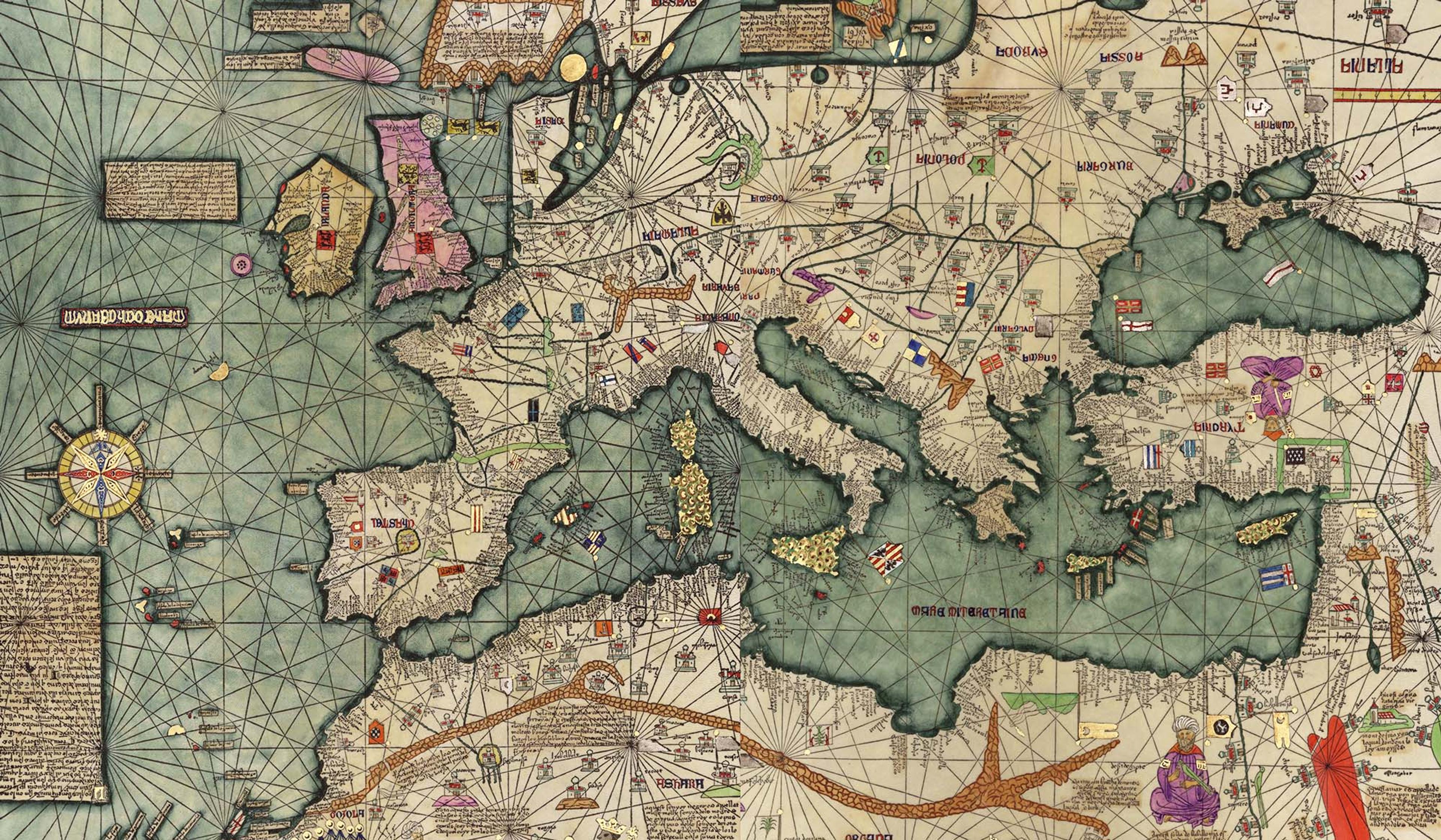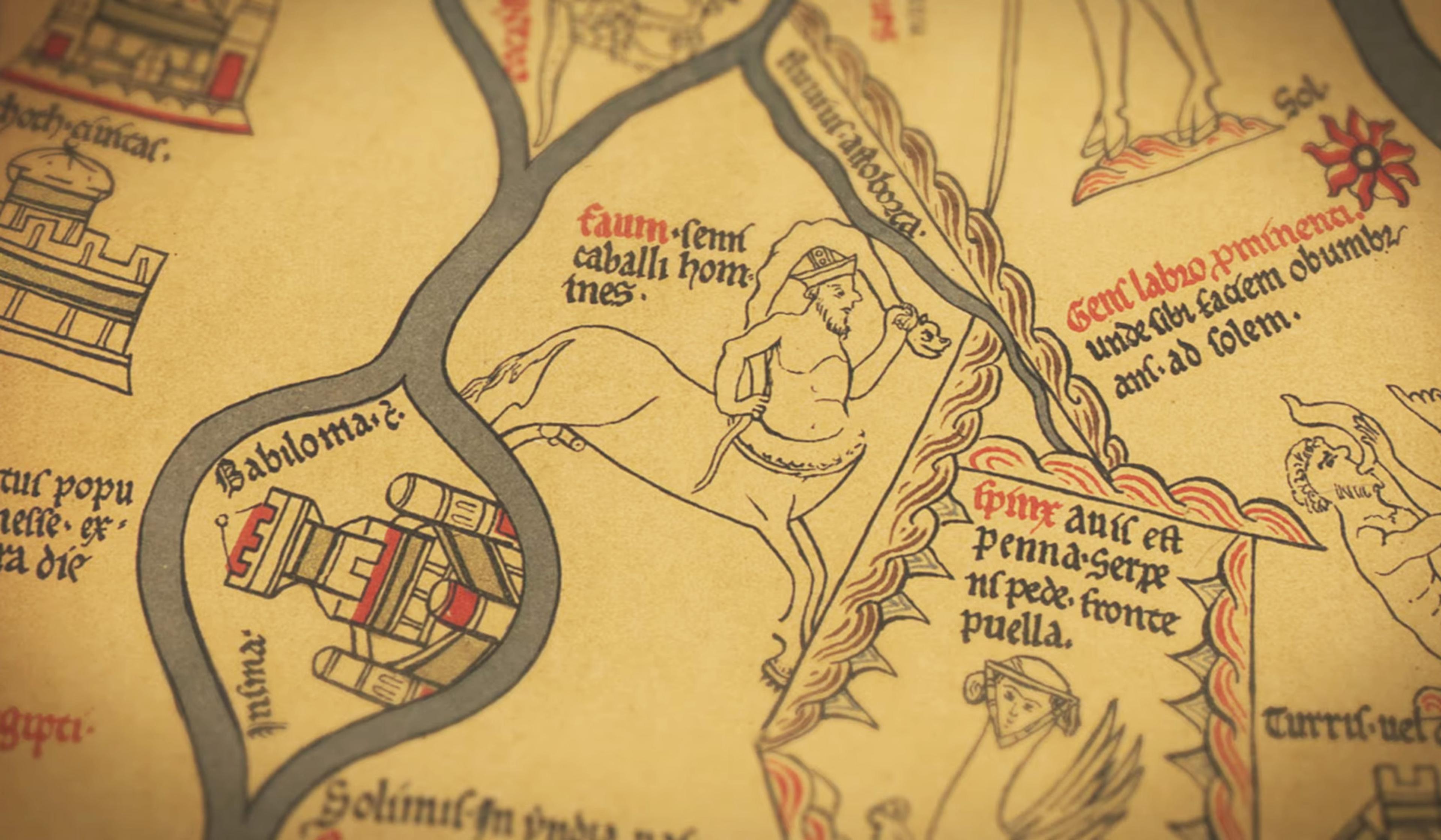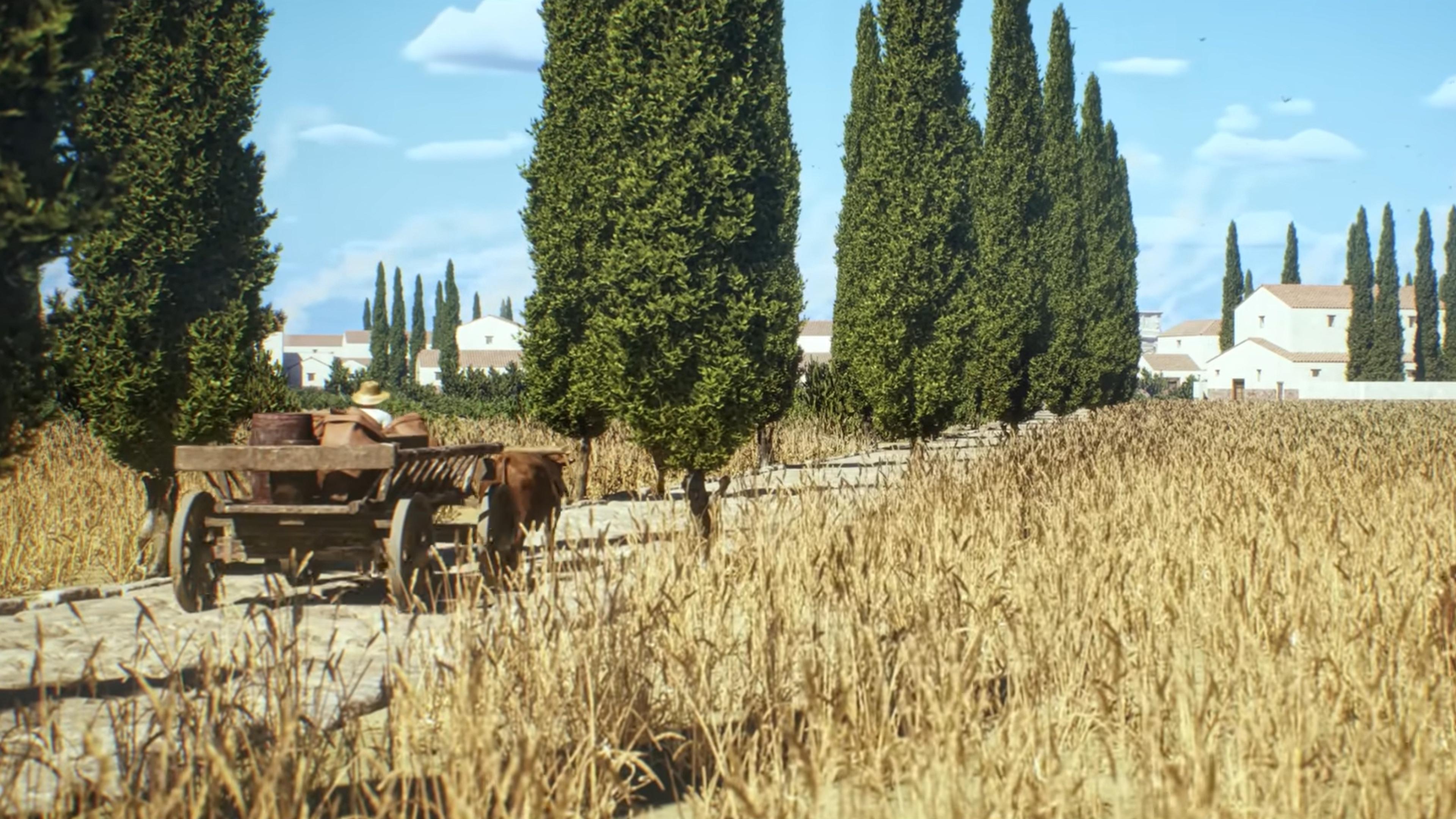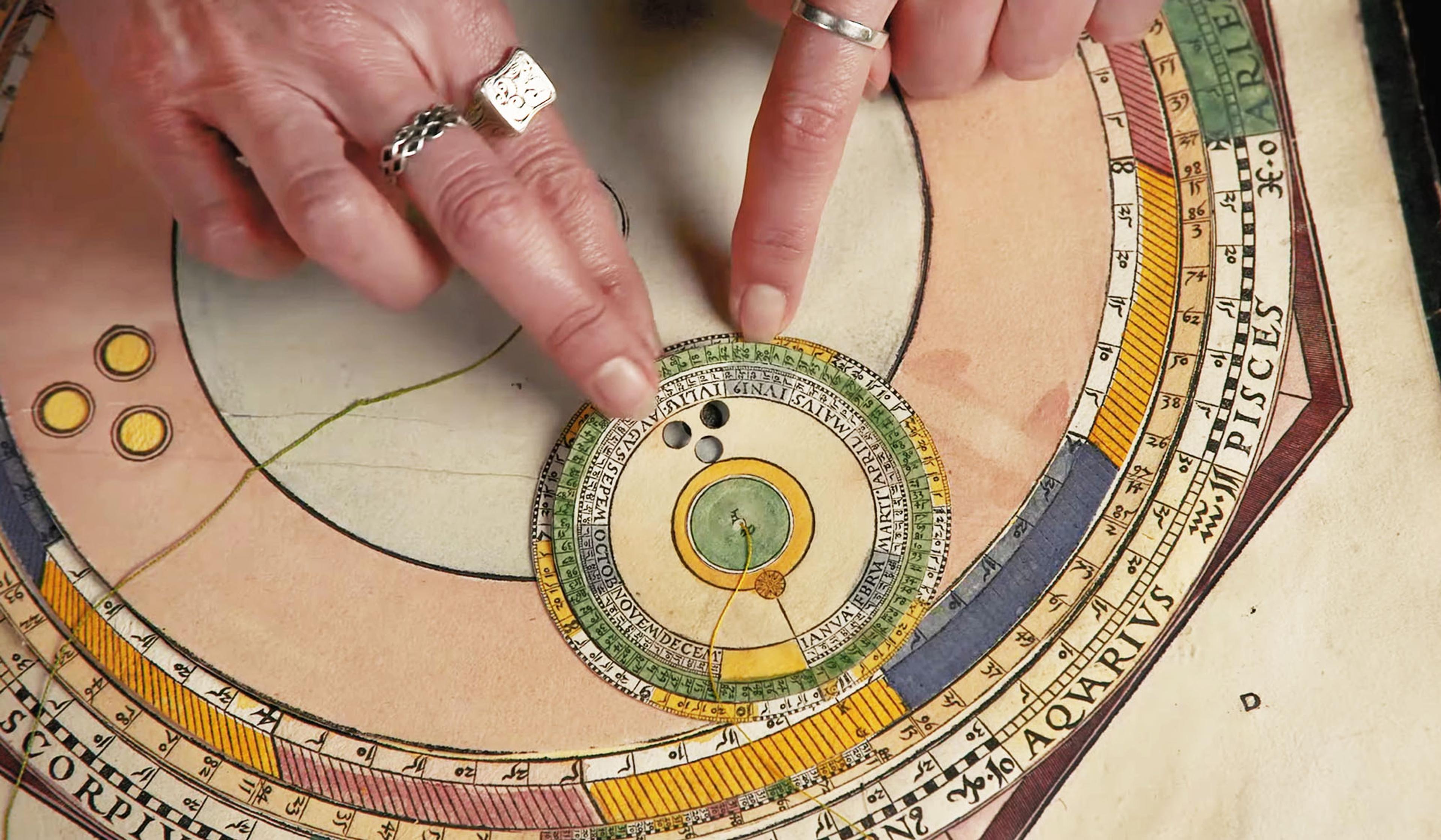The Tabula Peutingeriana, or the Peutinger Map, is known for both its peculiar dimensions and uncertain origins. A parchment scroll a foot tall and 22 feet long, the map depicts the Roman Empire at the height of its power, spanning from Spain to India. While its emphasis on roads and population centres seems to imply it’s a transit map, it features cities that never existed simultaneously, and it places little focus on waterways, which were often the empire’s most efficient travel routes. Further complicating matters, the only version of the map remaining is a 13th-century copy of the likely 4th-century Roman original. In this light-hearted video essay, the US graphic designer and video producer Jeremy Shuback explores the many historical controversies and uncertainties surrounding the Tabula Peutingeriana. For the task, he enlists the help of Richard J A Talbert, a research professor at the University of North Carolina at Chapel Hill who spent a decade studying the map. Reasoning his way through its many idiosyncrasies, Talbert offers his view that the original was likely a way for Romans to demonstrate, above all, the scope and power of their empire.
Why did the Romans create a massive, entirely impractical map of their empire?
Director: Jeremy Shuback

videoHistory of technology
Master cartography and mythical creatures – the world according to the Catalan Atlas
8 minutes

videoGlobal history
The famed medieval map that stretched beyond Earth to heaven, history and myth
5 minutes

videoArchaeology
How researchers finally solved the puzzle of the oldest known map of the world
18 minutes

videoThe ancient world
Explore the vast road network that made the Roman Empire possible
9 minutes

videoHistory of science
How one of history’s most beautiful books was used to find fate in the cosmos
6 minutes

videoWar and peace
‘Semper paratus’ – how the organisation of the Roman army made it always ready for war
3 minutes

videoArchitecture
A 3D rendering of the Colosseum captures its architectural genius and symbolic power
17 minutes

videoThe ancient world
Petty squabbles and bloody battles – the life of an ancient Roman soldier
18 minutes

videoArchaeology
What’s an ancient Greek brick doing in a Sumerian city? An archeological investigation
16 minutes